
views
New Delhi: An analysis of the regional political parties’ Income Tax returns and donations statements filed with the Election Commission of India (ECI) has revealed that Rs 77.08 crore, which accounts for 22.17 percent of their total income, is from "unknown sources" and were declared without revealing the source of income.
Under Section 29C (1) of the Representation of People’s Act, 1951, political parties are not required to provide details of contributions below Rs 20,000 from any person.
Recently, the Election Commission recommended that tax exemption be awarded only to those political parties which contest and win seats in Lok Sabha/Assembly elections and that details of all donors who donate above Rs 20,000 be declared in public domain.
The unknown sources include ‘sale of coupons’, ‘relief fund’, ‘miscellaneous income’, ‘voluntary contributions’, ‘contribution from meetings/ morchas’ etc. The details of donors of such voluntary contributions are not available in the public domain.
Election watchdog Association for Democratic Reforms (ADR) initially considered 37 regional recognised parties, but found that only 29 of them have filed both their Income Tax Return and contributions report — the rest eight had not submitted either.
The parties received 26.25 percent (Rs 91.29 crore) of their total income from known sources (details of donors as available from contributions report submitted by parties to Election Commission) — and another Rs 179.37 crore, or 51.58% of total income, from other known sources: e.g., sale of assets, membership fees, bank interest, sale of publications, party levy etc.
Out of total income of Rs 77.08 crore of Regional Parties from unknown sources, 98.61 percent or Rs 76.005 crore came from voluntary contributions. Through collection from sale of coupons, regional parties collected Rs 65.60 lakh and from miscellaneous income they collected Rs 41.80 lakh.
The Corporate Clutch
Maharashtra’s Shiv Sena, Punjab’s Shiromani Akali Dal (SAD), Samajwadi Party (SP) in Uttar Pradesh, Raj Thackeray’s Maharashtra Navnirman Sena (MNS), UP’s Rashtriya Lok Dal (RLD) and Kerala Congress (M) have declared receiving more than 83 percent of their donations from corporate/business houses.
As much as 60.42 per cent of all known donations amounting to Rs 55.21 crore were received via 411 donations to regional parties from corporate/business houses in FY 2016-17. A little over 38 percent amounting to Rs 35.4 crore were received via 5,911 donations from individual donors during the same time.
While 16 regional parties have declared that they have received more than 84 percent of their donations from individuals, Shiv Sena, AAP and JD(S) are the only three regional parties that have reported receiving donations from union/party units.
AAP Donation Increases over 400%
Arvind Kejriwal’s Aam Aadmi Party (AAP) enjoyed a 374 percent increase in the amount of donation in the financial year 2016-17 from last year.
The AAP, which declared receiving Rs 24.73 crore from 3,865 donations, is the only regional party to have mentioned donations from abroad — amounting to Rs 8.82 crore or 35.67 percent of the total.
Asom Gana Parishad (AGP), which formed a coalition government with BJP in Assam, saw a 7,183 percent increase in its donation, Punjab’s Shiromani Akali Dal (SAD) donation increased by 5,842 percent; HD Deve Gowda’s Janata Dal (Secular) saw a six-fold increase in its donation.
Among the top five parties, only Shiv Sena saw a decline in the donations received from FY 2015-16. The donations that it had received in FY 2015-16, declined by 70 percent or Rs 61.19 crore in FY 2016-17. However, Uddhav Thackeray's party still topped the chart with Rs 25.65 crore.
Of the 48 regional parties surveyed, 25 declared a sum of Rs 91.37 crore from 6,339 donations in the financial year 2016-17, including contributions both above and below Rs 20,000.
Since a very large percentage of the income of political parties cannot be traced to the original donor, it is high time that the full details of all donors be made available for public scrutiny under the RTI.










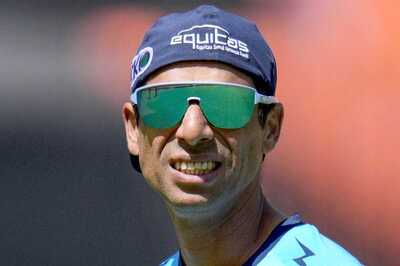




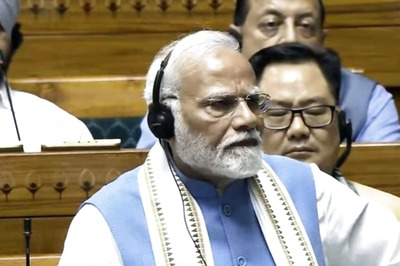
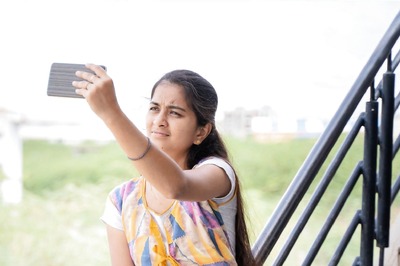

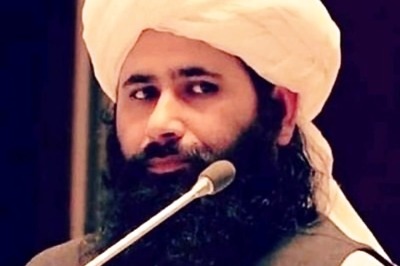
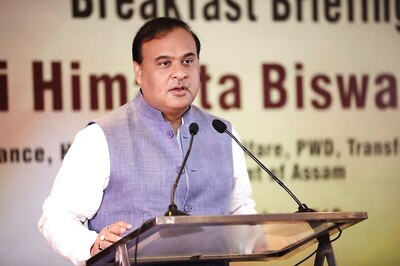
Comments
0 comment